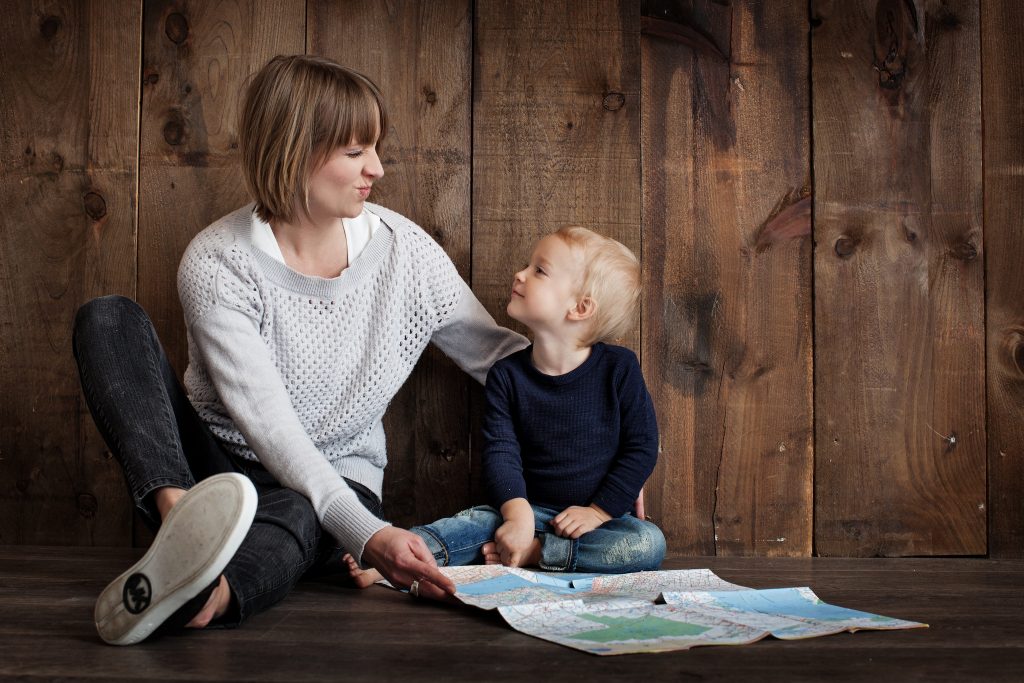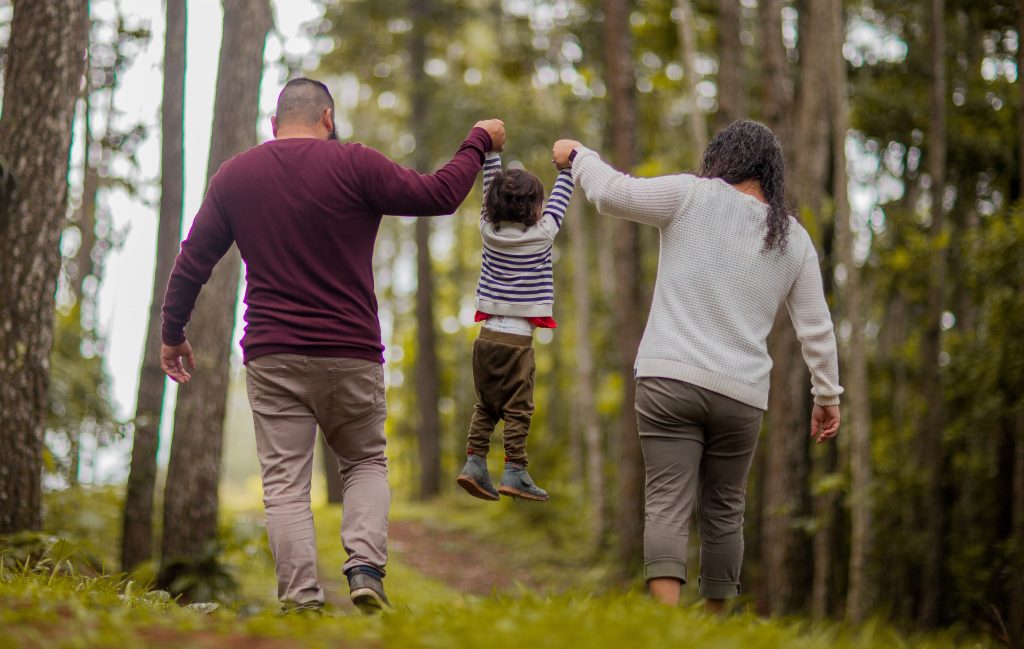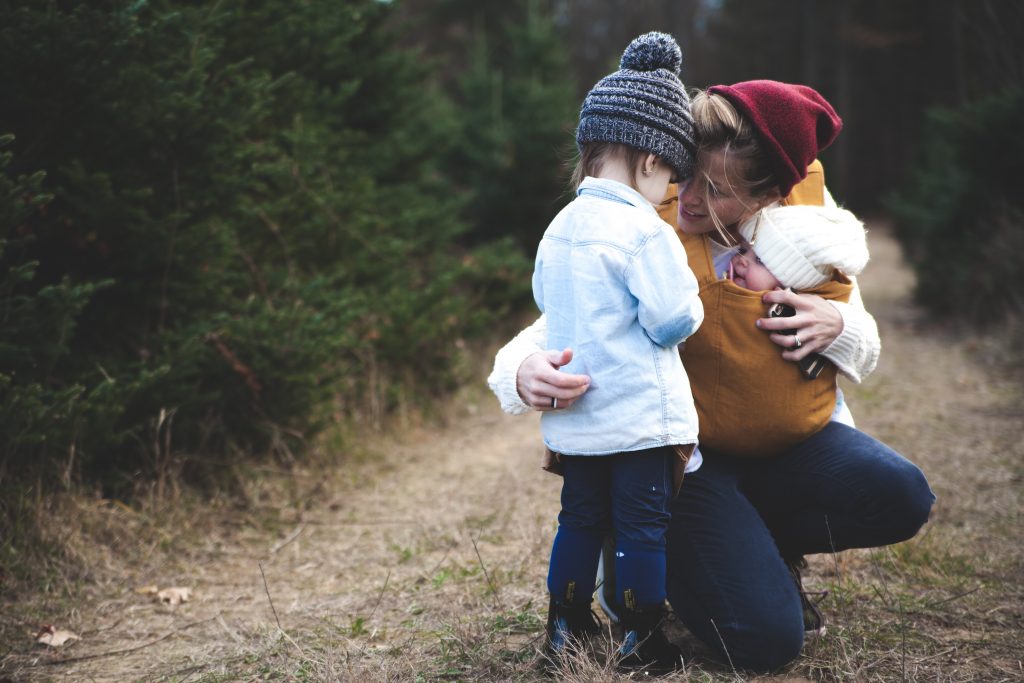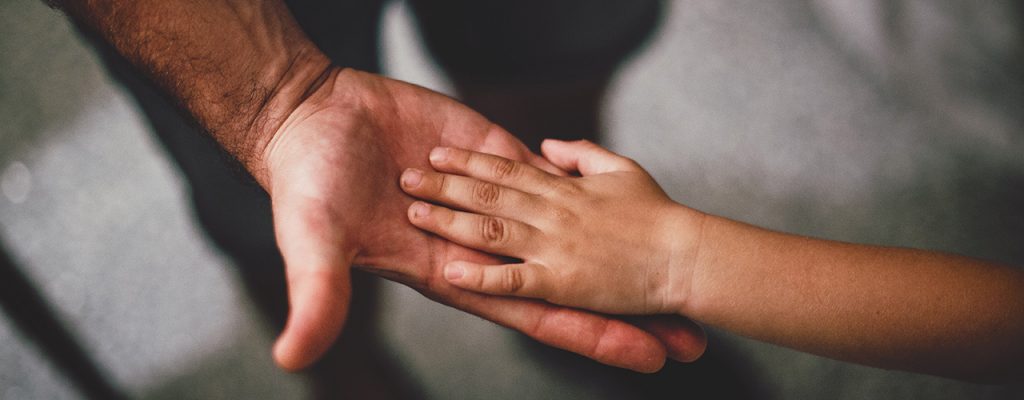 In our series of Local People, Local Stories, Local Impact, we asked Dr. Michelle Linkous from Novant Health Pediatrics in King about COVID-19 and how it relates to Stokes County.
In our series of Local People, Local Stories, Local Impact, we asked Dr. Michelle Linkous from Novant Health Pediatrics in King about COVID-19 and how it relates to Stokes County.
- What are you and/or your agency doing here in Stokes County to address COVID-19?
- Why is it important that our community take these measures?
- What is something positive you have seen in midst of chaos of COVID-19 as we navigate this together?
“Novant Health Pediatrics King has modified our clinic’s operation and schedules to reduce the risk of exposure to our patients and our staff. We are seeing only healthy children for well checks from 0-6 months in clinic. All other well visits and concerns are being addressed by video and telemedicine. We no longer allow siblings to attend in office visits with patients and we are limiting all visits to one healthy adult with their child.
We are encouraging all families to stay home! The COVID-19 pandemic has changed a lot about the way we do “life” but it is important to listen to the authorities and follow their recommendations.
We know that a patient with COVID-19 is contagious days before they become symptomatic and 80% of children with COVID-19 are known to have mild symptoms. Because of this, we urge and beg you to stay home to protect yourself and those that you love. Leave your house for only ESSENTIAL trips and go ALONE. Stay six feet away from other people at all times, do not touch your face and wash your hands immediately when you leave a store. Avoid play dates, parks and all social gatherings.
Many people have seen information about “flattening the curve”. All of the efforts to keep people at home have been done to accomplish just this. If we can reduce the number of cases of COVID-19 and limit its transmission, we can keep people healthy and avoid unnecessary hospitalizations and deaths. At this time, the only way to reduce transmission is by limiting individuals contact with one another so please stay home!
Instead of saying “we are stuck at home”, change your mentality! Start telling your children and your family/friends that you are “safe at home”.
Try to make the most out of the time you are spending with your kids! Our routines have changed but life will be busy again soon enough. I think we all deserve time to slow down, relax and enjoy our families. My son and I are taking on a 2000 piece puzzle! What new adventure could you start with your kids?”
Dr Michelle Linkous
Novant Health Pediatrics King is on Facebook.


 KEEP ROUTINES IN PLACE
KEEP ROUTINES IN PLACE

 KEEP IT POSITIVE
KEEP IT POSITIVE Care at home can help stop the spread of COVID-19 and help protect people who are at risk for getting seriously ill from COVID-19.
Care at home can help stop the spread of COVID-19 and help protect people who are at risk for getting seriously ill from COVID-19.


 As public conversations around coronavirus disease 2019 (COVID-19) increase, children may worry about themselves, their family, and friends getting ill with COVID-19. Parents, family members, school staff, and other trusted adults can play an important role in helping children make sense of what they hear in a way that is honest, accurate, and minimizes anxiety or fear.
As public conversations around coronavirus disease 2019 (COVID-19) increase, children may worry about themselves, their family, and friends getting ill with COVID-19. Parents, family members, school staff, and other trusted adults can play an important role in helping children make sense of what they hear in a way that is honest, accurate, and minimizes anxiety or fear.



 If there is COVID-19 in your community:
If there is COVID-19 in your community: